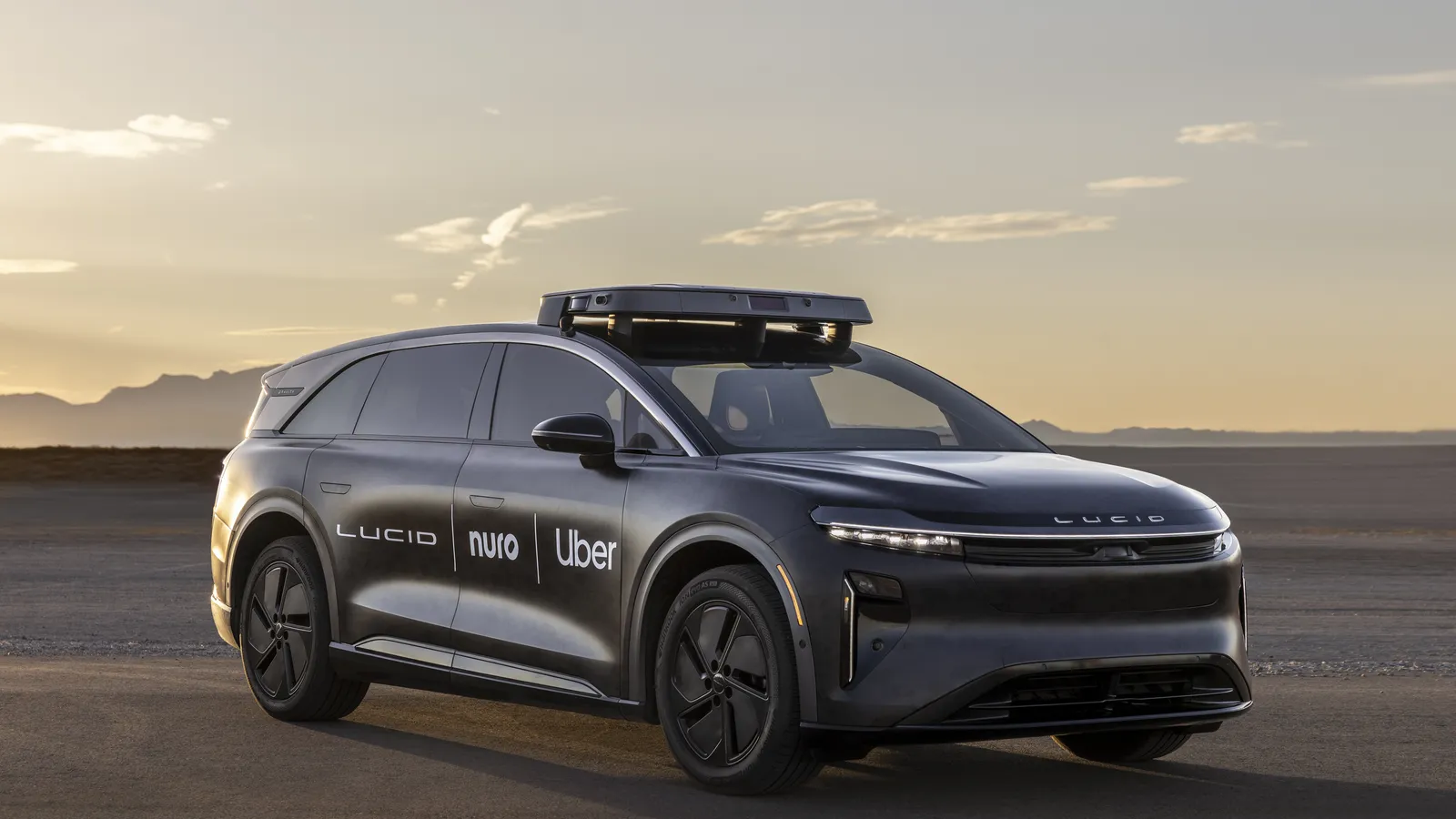Uber to Roll Out Autonomous Robotaxi Rides in San Francisco by Late 2026

Uber announced Wednesday that the San Francisco Bay Area will be the first region to experience its new line of autonomous taxis, with service expected to begin in late 2026.
The San Francisco-based ride-hailing giant revealed earlier this year that it was collaborating with electric vehicle manufacturer Lucid Motors and self-driving technology firm Nuro Inc. to develop a robotaxi exclusively for Uber. The vehicle, modeled on Lucid’s Gravity SUV, marks Uber’s latest step toward integrating artificial intelligence and automation into its global transportation network.
While self-driving taxis have already entered the market through companies like Waymo, Uber’s adoption of the technology carries greater weight due to its vast scale — the company operates in more than 15,000 cities across 70 countries.
Waymo, a subsidiary of Google parent Alphabet Inc., currently operates its driverless ride service in Phoenix, San Francisco, Los Angeles, Atlanta, and Austin, and has announced plans to expand to London next year. Uber is already collaborating with Waymo to test autonomous rides in Austin, Texas.
According to Uber, Lucid has recently delivered prototype vehicles to Nuro for testing. The company expects to have around 100 test vehicles on public roads within the next few months. Looking further ahead, Uber’s long-term strategy includes deploying 20,000 or more Lucid-based robotaxis across various markets worldwide, all accessible through the Uber app.
To accelerate its push into the autonomous mobility sector, Uber has also announced additional partnerships. On Tuesday, the company disclosed that it is working with Nvidia and Stellantis to develop another generation of robotaxis. Stellantis plans to begin producing at least 5,000 Nvidia-powered autonomous vehicles for Uber operations in the U.S. by 2028.
Uber’s global rollout of self-driving rides is already underway. Just last week, the company began offering autonomous taxi trips in Saudi Arabia, part of its partnership with the Chinese tech firm WeRide.
Uber said its investments in these partnerships reflect its long-term goal of making self-driving vehicles a core part of its transportation ecosystem — one designed to make urban travel faster, safer, and more efficient.

